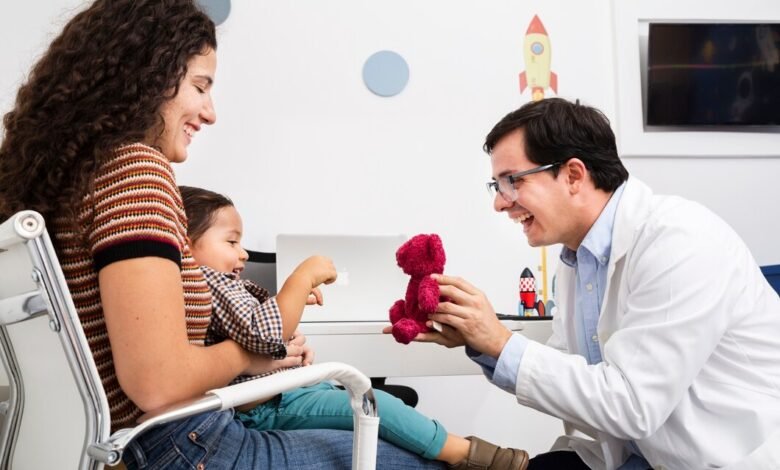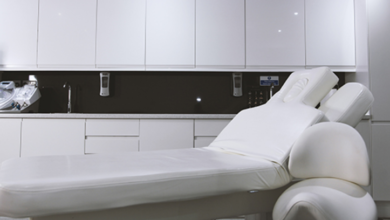Free Sperm Donors in UK: Exploring Alternative Paths to Parenthood

Free sperm donation is a reality in the UK. People can find donors through online platforms and personal connections. These options offer hope to those struggling with fertility issues or seeking to start a family.
Free sperm donors in the UK give their sperm without payment, though they may receive reimbursement for reasonable expenses. This altruistic approach helps many individuals and couples achieve their dreams of parenthood.
Websites like PollenTree allow potential recipients to search for donors based on location and other criteria. These platforms provide a way to connect and communicate with potential matches. It’s crucial to understand the legal and health implications before proceeding with sperm donation.
Key Takeaways
- Free sperm donation is available in the UK through online platforms and personal networks
- Donors provide sperm altruistically but may receive reimbursement for expenses
- It’s essential to consider legal and health aspects before pursuing sperm donation
Understanding Sperm Donation in the UK
Sperm donation in the UK is a regulated process that helps people start families. It involves legal considerations, health checks, and careful procedures at licensed clinics.
Legal Framework
The Human Fertilisation and Embryology Authority oversees sperm donation in the UK. Donors can create up to ten families through licensed clinics.
Donors are not legal parents of any children born from their donations. They have no financial or legal obligations to these children.
UK law allows donor-conceived children to learn their donor’s identity at age 18. This applies to donations made after April 2005.
Sperm Banks and Fertility Clinics
Licensed clinics in the UK collect, test, and store donor sperm. They follow strict guidelines to ensure safety and quality.
These clinics offer counselling to donors about the implications of donation. They also provide health screenings to check for genetic conditions and infections.
Donors can receive up to £35 compensation per clinic visit. This covers travel costs and time off work.
The Process of Sperm Donation
The donation process starts with a health assessment. This includes blood tests and a sperm analysis.
Donors provide sperm samples at the clinic. These samples are frozen and quarantined for six months.
After the quarantine, donors take another blood test. If all is well, their sperm becomes available for use.
Donors fill out a form with personal details. This helps recipients choose a donor that matches their preferences.
Options for Recipients
Finding a suitable sperm donor and deciding on the insemination method are crucial steps for those seeking to start a family. Recipients must also consider potential co-parenting arrangements and legal implications.
Choosing a Sperm Donor
Recipients have several options when selecting a sperm donor in the UK. They can choose between free sperm donors or sperm banks. Free donors often connect with recipients through online platforms like CoParents.co.uk.
When evaluating donors, recipients should consider:
- Medical history
- Physical characteristics
- Education and occupation
- Motivation for donating
- Willingness to be known to the child
It’s important to review donor profiles carefully and ask questions. Some platforms allow recipients to filter donors based on specific criteria.
Recipients should also decide if they prefer a known donor or an anonymous one. Known donors may be willing to have some level of involvement in the child’s life.
Insemination Methods
Recipients have two primary insemination methods to choose from:
- Artificial insemination at a clinic
- Home insemination
Clinic-based insemination is performed by medical professionals and may offer higher success rates. It often uses frozen sperm from a sperm bank.
Home insemination is a more private and cost-effective option. It can be done using fresh or frozen sperm from a private donor. The process involves:
- Tracking ovulation
- Obtaining the sperm sample
- Inserting the sperm using a syringe or cervical cap
Recipients should consult with a healthcare provider to determine the best method for their situation.
Co-Parenting Considerations
Some recipients may consider co-parenting arrangements with their sperm donor. This involves shared responsibilities in raising the child.
Key points to discuss with a potential co-parent include:
- Level of involvement in the child’s life
- Decision-making responsibilities
- Financial obligations
- Visitation schedules
It’s crucial to establish clear boundaries and expectations from the start. Many recipients and donors choose to create a written agreement outlining their roles and responsibilities.
Co-parenting can provide additional support for the child but may also present challenges. Recipients should carefully consider their long-term goals and preferences before entering into such an arrangement.
Also Read: Comprehensive Environmental Assessment and Remediations for a Healthier Future





